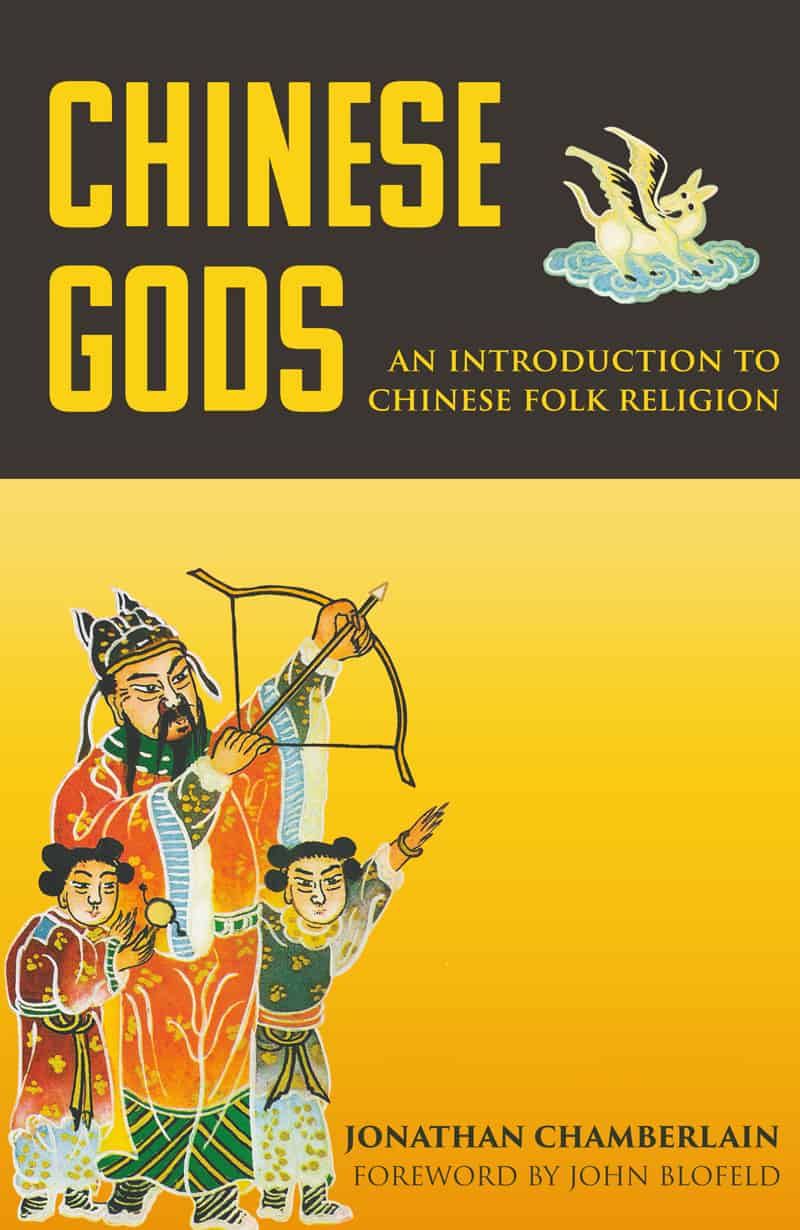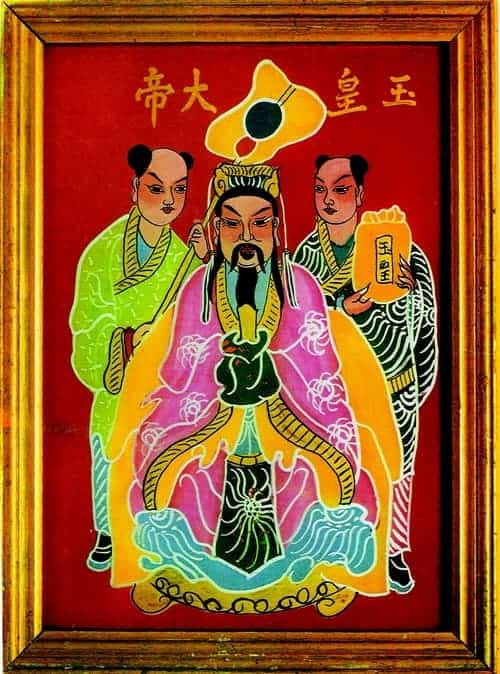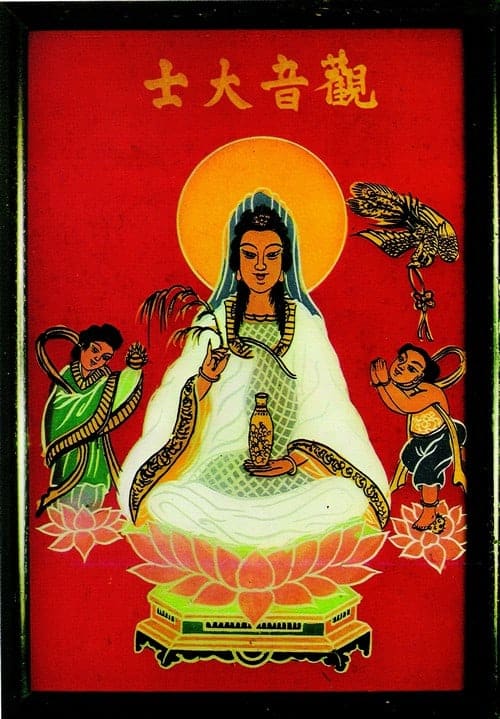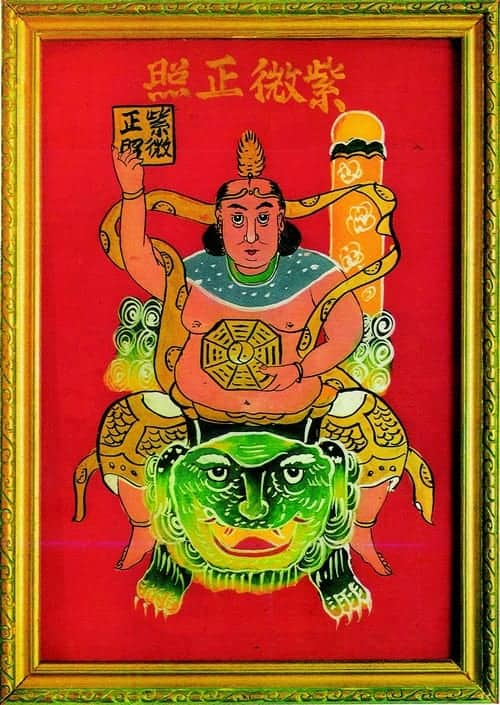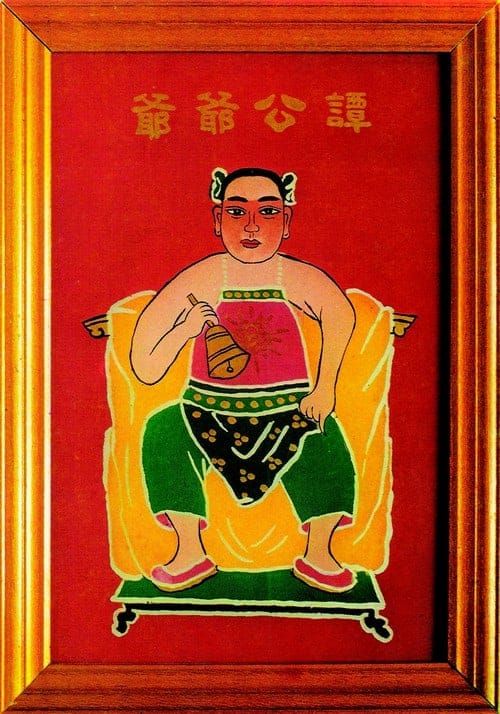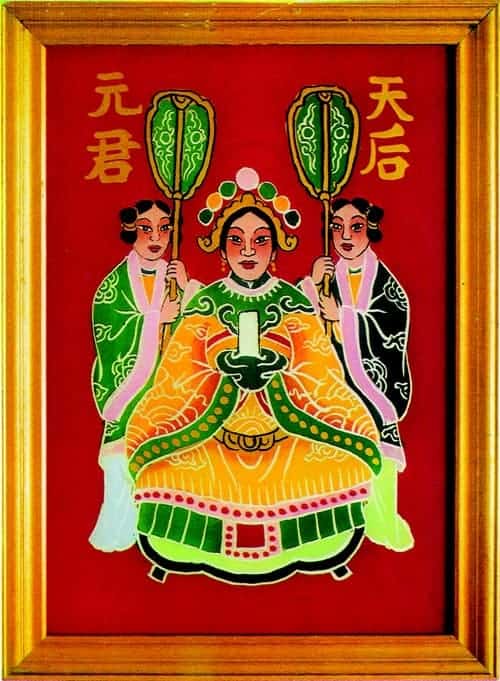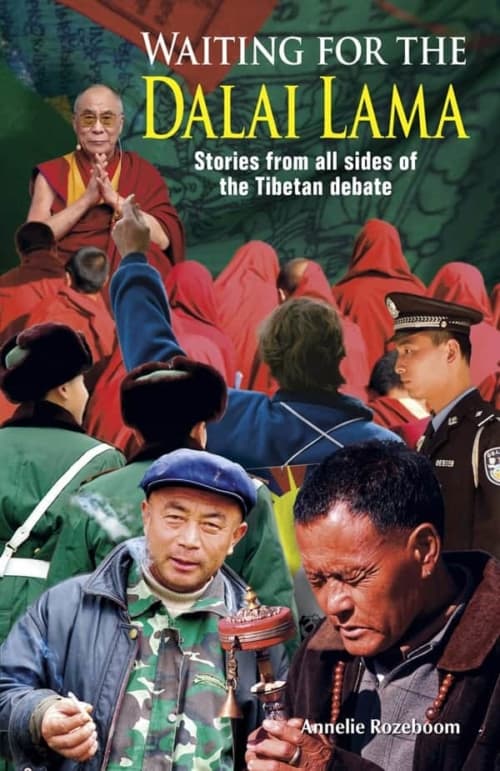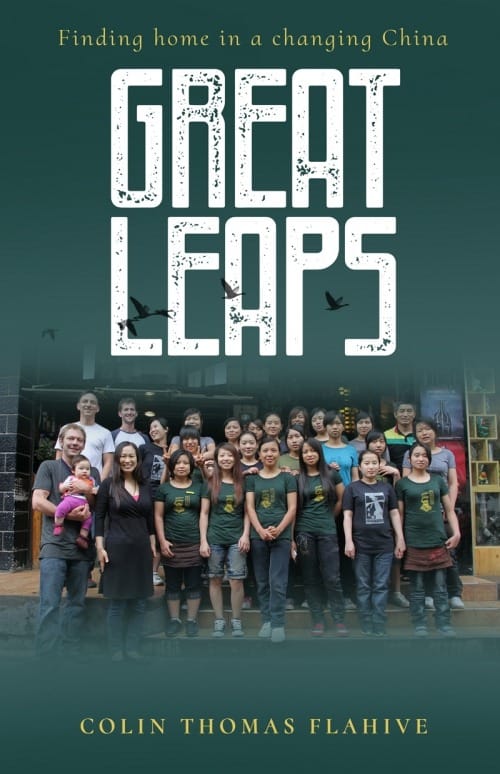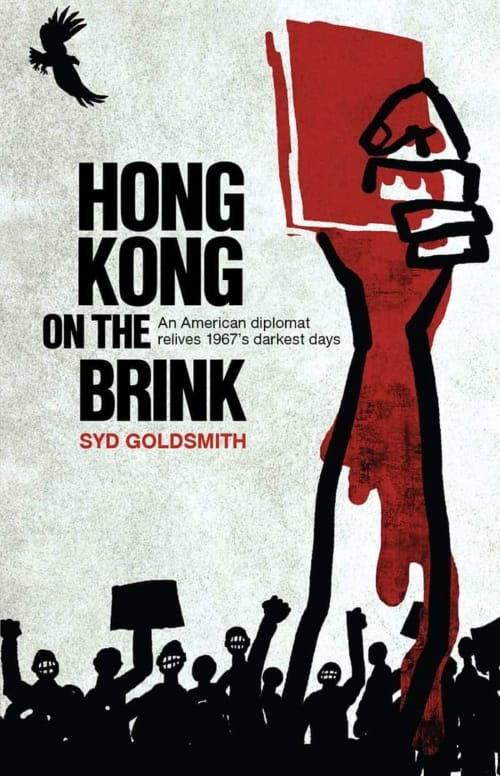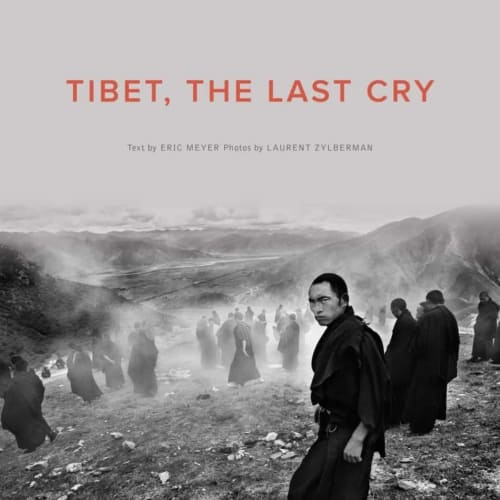Description
Chinese folk religion is the underlying belief system of more than a billion Chinese people. Go into any Chinese home, office or restaurant and you will see altars, statues or paper ‘good luck’ images. And wherever there is a Chinese community there are temples and Earth God shrines. But what is the religion that makes sense of all these expressions of belief? How do these beliefs connect to Taoism, Confucianism and Buddhism? Chinese Gods helps us understand the building blocks of this religion for which even the Chinese have no name – because the beliefs are so intertwined with language and culture they have no independent existence – and provides an in-depth analysis of 19 of the major gods of the Chinese pantheon.
MEDIA ATTENTION
“A classic work on Chinese folk religion.” – Sir David Tang
“Chamberlain explores, with tremendous respect for his subject matter, Chinese gods and deities, and the interwoven history and mythology that supports this remarkably enduring pantheon. The observant will notice these gods in restaurants, coffee shops and even offices, in any Southeast Asian city with a sizeable Chinese population. Mr Chamberlain explains, in engaging, flowing prose, just who these immortals are. And as a result, the scope of this book is amazing – millennia of dynasties, the complex psyche of the world’s most populous nation, the supernatural, anthropology, mythology, numerology, feng shui and all the other underpinnings of Greater China’s disparate – but today, remarkably integrated – belief systems, including Taoism, Confucianism, Buddhism, nature cults and ancestor worship. For the Sinologist, this offering is akin to some imperial feast where one can gorge on anything within reach. And even for the casual reader, this is a hugely satisfying book.” – Nick Walker, Bangkok Post
“If nothing else, Jonathan Chamberlain has proved it is not impossible to put together a book on Chinese gods. This was apparently the conclusion of a journalist who, decades ago, had been asked to do the same. … the book includes a reprint of an essay by the author about the Cheung Chau Bun Festival, an event that dates to 1894 when plague hit its shores. A much later incident could have wiped all western residents off the island. According to Chamberlain, a social anthropologist, in 1976 a drunk European who won the scramble to reach the top of the bun towers – the festival’s highlight – caused such outrage he endangered the residency rights of other foreigners on the isle. Never mind that the race was a symbolic battle among triad groups. Stories such as this give Chinese Gods a non-academic air and help ease newcomers through the multifaceted study of Chinese folk religion.” – Charmaine Chan, Sunday Morning Post
“Chinese Gods provides amazing insight into some of the history of China in the distant past, but also provides the reader more understanding of the Chinese people today.” – Brian Fitzpatrick, Blogcritics
“For the uncountable numbers of overseas visitors who visit Chinese temples and puzzle over the carvings of fierce and gentle deities, or for those who wonder just who is being venerated in the small shrine at the back of a Chinese restaurant, this is a little gem of a book. … Chamberlain began writing about Chinese folk religion when living in Hong Kong twenty years ago. Chinese Gods developed out of his passion for collecting glass devotional paintings that were still being produced in large numbers at the time. Originally attracted by the vivid images (the book includes 22 color plates) he soon began to wonder what they represented. From his Chinese girlfriend, from worshipers, and from the few existing works on the subject, he began to piece together the story of the thousands of major and minor gods that make up the Chinese pantheon.” – John Sexton, China.org.cn
“Most books I have seen about Chinese religions are centred on the three main systems: Confucianism, Taoism and Buddhism, often giving an interpretation of present behaviours in the light of the teachings of the sages. From the outset, this book is radically different: it holds that, for the majority of the Chinese, there has never been more than one unnamed religion, which absorbed all the other masters and deities – including, in some extreme cases, Jesus Christ and Muhammad (!). Based on this premise, the author explores the main aspects of this religion, analyzing the ways in which it created its Gods, and explaining these Gods as a projection of the Chinese society rather than the opposite.” – Chinayouren
“Those not living under a large pebble will have at least once seen those huge pictures of long-bearded Chinese fellows posted up on walls around the city. No, it’s not the guy from “Kill Bill” – they’re ancient Chinese gods. That exact lack of recognition has led to Jonathan Chamberlain’s Chinese Gods.” – Evelina Leung, HK Magazine
“Fearlessly, author Jonathan Chamberlain shows no hesitation in tackling a giant topic in a mid-sized book. His factual volume gives a diligently researched, often fascinating, but incomplete “introduction to Chinese folk religion”. … While introducing major gods and showing them as seen in traditional glass paintings, the book also explains some basics of Taoism, Confucianism and fung shui. Many of the billion-plus people who tinker in Chinese folk religion display altars, statues or good-luck symbols in their homes or businesses. … There’s even a chapter on the unusual Cheung Chau Bun Festival, “an annual reminder of the potency of traditional beliefs” on a remote Hong Kong island. … Even Chamberlain would admit there’s a lot more about Chinese folk religion, more than Chinese Gods (or even several books) could cover. But most readers will finish this book knowing substantially more than when they started it.” – Cairns Media Magazine
“‘Writing is easy,‘ according to Red Smith, an American sports writer. ‘You just sit down in front of a typewriter and open a vein.‘ Some people just hate writing, others love it. For some, the words come out like breaking rocks and for others it trickles out of the pot like liquid honey – the words get everywhere but they’re formless and sticky.” Jonathan Chamberlain was asked how he writes by Time Out.
